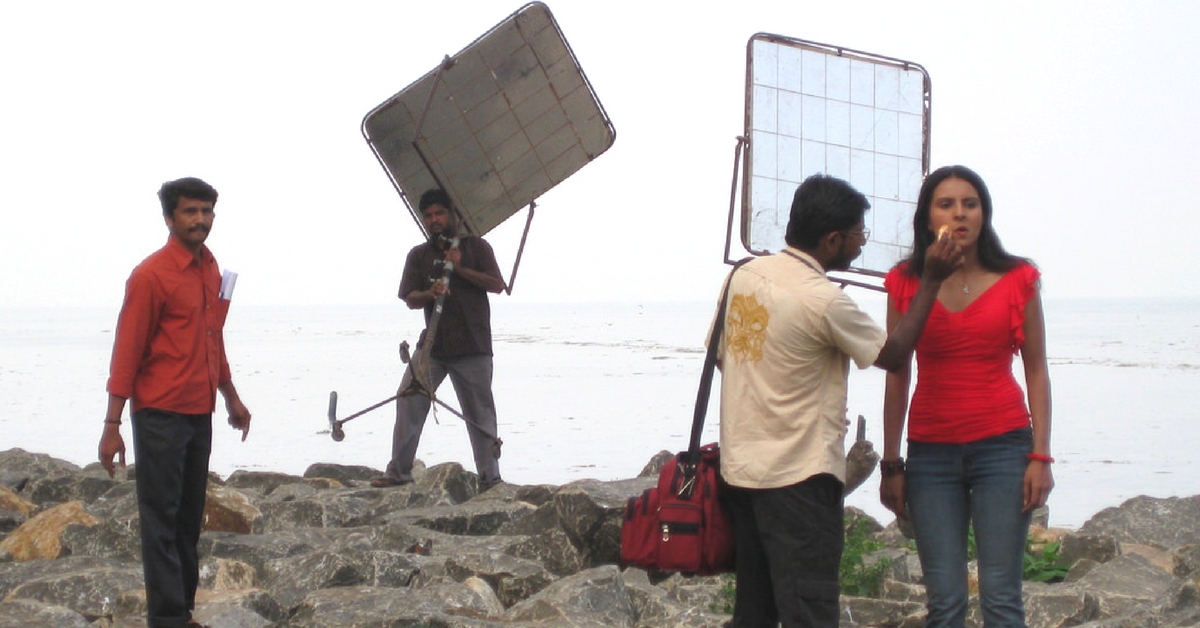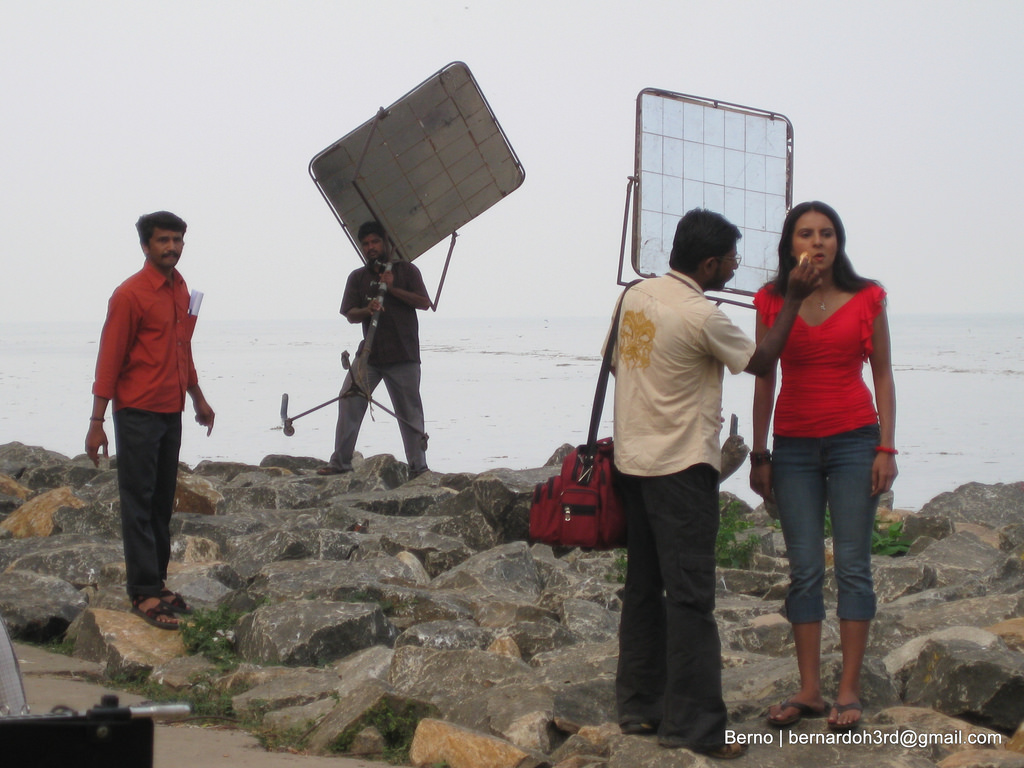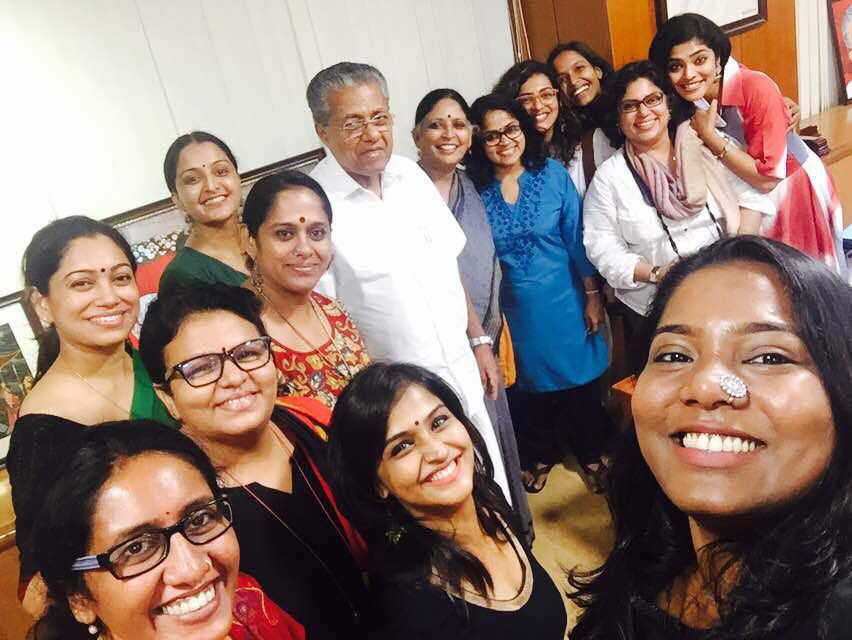As Telugu Cinema Gets a #MeToo Moment, Here’s What It Can Learn from Kerala
Interestingly, it was in 2013 when the Supreme Court first broached the issue of sexual harassment at the workplace through the Vishaka Guidelines and formally mandated the Sexual Harassment of Women at Workplace (Prevention, Prohibition, and Redressal) Act.

It is quite unfortunate that to make her voice heard while bringing the burning issue of casting couch in the film industry to the forefront, an actor had to take the drastic step of stripping off her clothes in front of the Telugu Film Chambers of Commerce.
The response was swift, and sadly, typical. The Movie Artistes Association (MAA) suspended her membership, and people in the industry and outsiders unleashed brickbats and slurs at the woman for pulling cheap publicity stunts.
However, what we fail to understand is the lack of a redressal cell that addresses sexual harassment of artists in the field of cinema, due to which the actor had to resort to this measure because there wasn’t any option left for her.
Interestingly, it was in 2013 when the Supreme Court first broached the issue of sexual harassment at the workplace through the Vishaka Guidelines and formally mandated the Sexual Harassment of Women at Workplace (Prevention, Prohibition, and Redressal) Act.
Yet, only after five years and the public humiliation of an actor, did the Telugu film industry buckle up to instate CASH–Committee against Sexual Harassment.
This means that every production house registered with the Telugu film chamber will have to mandatorily set up its own CASH and sexual harassment redressal panel.

The move came into effect after the actor’s protest, which led the National Human Rights Commission to look into the matter and subsequently serve notices to both the Telangana government and the Union ministry of Information and Broadcasting on April 12, informing them about the absence of a redressal mechanism.
Last year, it took a harrowing incident—the abduction and molestation of a female actor in Kerala—for a group of women artistes to establish the Women in Cinema Collective (WCC) in the Malayalam film industry to make it easier for survivors to report sexual harassment. The formation of such a collective was a first in a country that sees as many as 1,600 films releasing every year.
Nevertheless, this move was appreciated as it directly addressed a critical issue that is disturbingly prevalent in every regional film industry across India.
You may also like: Time’s Up: Here’s How Indian Cinema Can Take a Stand Against Sexual Harassment
Despite the heavily skewed male-female ratio in the film industry and the evident fact that it is a male-dominated arena, WCC’s establishment gave out the right message—that sexual harassment will no longer be tolerated, and perpetrators would indeed be put to task.
Since its formation, the collective has been working towards addressing many issues. These include gender disparity in salaries, providing reservations for women in technical jobs in government-owned studios, providing government welfare schemes to women in film industry, maternity pay to women who were forced to abstain from work due to pregnancy, child rearing and physical ailments, awards for films that talk about gender equality, and subsidies for production crews that employ a sizable number of women (30 percent).
The newly instated committees in the Telugu film chamber can work towards strengthening their authority and start with the introduction of women-centric initiatives modelled on Kerala’s WCC.

However, this would definitely require an objective approach on the committee’s behalf and would also necessitate that they remain uninfluenced by industry bigwigs and most importantly, receive support from the state government.
Maybe then, one would start seeing more women enter the world of cinema without being marred by the fear of sexual harassment or casting couch issues.
(Edited by Gayatri Mishra)
Like this story? Or have something to share?
Write to us: [email protected]
Connect with us on Facebook and Twitter.
NEW: Click here to get positive news on WhatsApp!
If you found our stories insightful, informative, or even just enjoyable, we invite you to consider making a voluntary payment to support the work we do at The Better India. Your contribution helps us continue producing quality content that educates, inspires, and drives positive change.
Choose one of the payment options below for your contribution-
By paying for the stories you value, you directly contribute to sustaining our efforts focused on making a difference in the world. Together, let’s ensure that impactful stories continue to be told and shared, enriching lives and communities alike.
Thank you for your support. Here are some frequently asked questions you might find helpful to know why you are contributing?


This story made me
-
97
-
121
-
89
-
167











